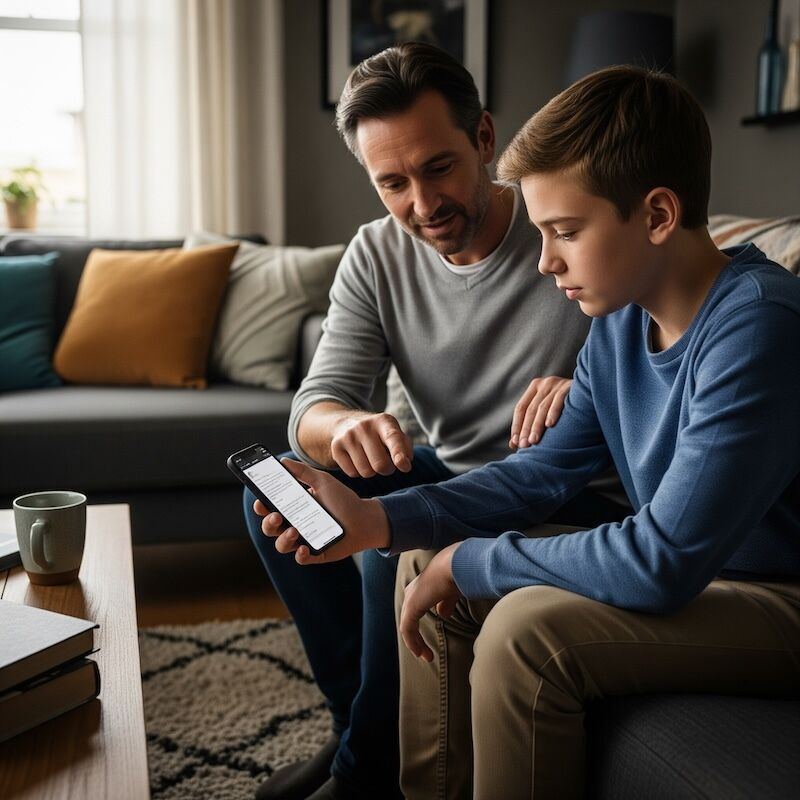We all know screen time matters—but what if it’s not just about how long, but how deeply teens are hooked? A groundbreaking JAMA study published June 18 2025 by researchers from Weill Cornell, Columbia, and UC Berkeley reveals a game-changer: teens displaying addictive screen behaviors—cravings they can’t ignore, emotional dependence, heavy withdrawal—are two to three times more likely to experience suicidal thoughts, anxiety, depression, and aggression.
In plain English: it’s not the hours—they’re the addiction patterns that hurt.
The study followed 4,200 U.S. teens over several years, grading them by how compulsively they used social media, mobile phones, and games. The ones in the high-addiction group saw dramatic rises in mental health struggles. By contrast, teens clocking plenty of screen time—but without compulsion—didn’t show the same risk.
What does that mean for us as parents—especially here in Egypt?
First, shift the focus from hours to behavior. Don’t just ask “how long?” Notice if your teen:
- Refuses to put the phone down.
- Meticulously hides their screen time.
- Uses devices to escape stress or boredom.
Second, talk about emotions and patterns. Frame it like this: “What makes it hard to stop scrolling?” “Do you miss in-person time?” That kind of conversation helps them see it’s not a shameful habit—it’s a real, treatable pattern.
Third, try collaborative boundaries. Co-create anti-addiction “playbooks.” Maybe it’s “no devices after 9 pm,” or “one hour max of gaming before homework.” Pair it with offline rituals—like walks, art, or family meals.
Fourth, model what you expect. Teens learn by watching. It’s a powerful moment when the phone hits ‘do not disturb’ during dinner.
Fifth, use support when needed. If compulsive behaviors continue—or emotional issues rise—consider digital wellness tools, counseling, or even pediatric care. These signals matter—and early intervention makes a difference.
In Egypt, our teens face mounting academic stress, social pressure, and fast-paced digital culture. But if we’re focusing on screen addiction—not just screen time—we’re targeting a root issue.
Ultimately, it’s not about demonizing screens—but helping kids build healthy relationships with them. When we teach awareness, encourage pauses, and model balance, we don’t just limit—we equip. Because screens won’t disappear, but addiction patterns can. And when teens learn to pause the compulsion, their mental health—and independence—can really flourish.







Leave a Reply
You must be logged in to post a comment.